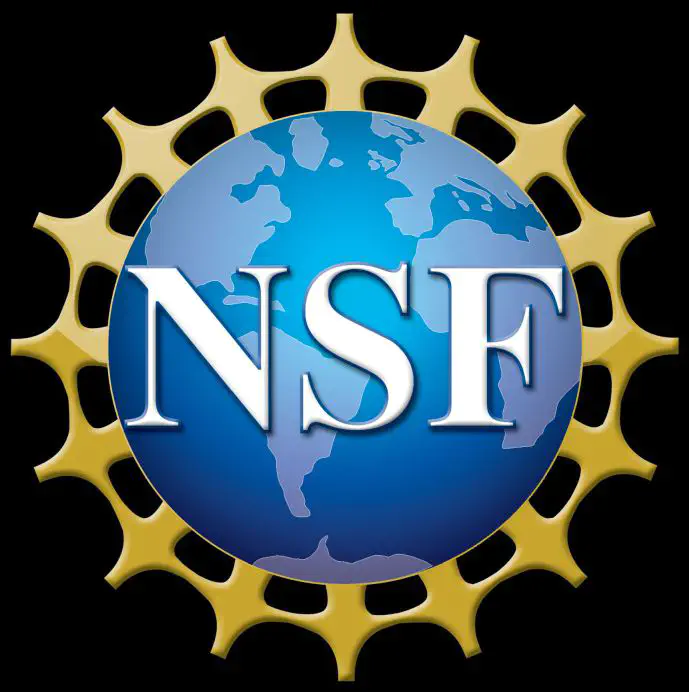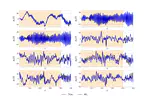NSF: NRI: INT: Safe Wind-Aware Navigation for Collaborative Autonomous Aircraft in Low Altitude Airspace

Award Information NSF Award Number 1925147
Investigators
- He Bai (Principal Investigator)
- Jamey Jacob (Co-Principal Investigator)
- Rushikesh Kamalapurkar (Co-Principal Investigator)
- Samuel Vance (Co-Principal Investigator)
- Kursat Kara (Co-Principal Investigator)
Abstract This project will promote the progress of science, and advance the national health, security and prosperity by conducting fundamental research needed to enhance safety and efficiency of aircraft operations in low altitude urban environments. Safe and seamless inclusion of unmanned aircraft such as delivery drones, and manned aircraft such as air taxis into urban airspace requires building traffic management systems that account for the performance of aircraft, pilots, and autopilots under a variety of atmospheric conditions. Aircraft operating in low altitude urban environments are subject to turbulent wind gusts that cannot be accurately predicted using current techniques. This research project will address this challenge by enabling the progress of science across multiple disciplines, including meteorology, human-robot interaction, machine learning, data-driven modeling, robotics, and instrumentation. Desired research outcomes will significantly impact many important applications, including micro-weather prediction, turbulent plumes of pollutants and emissions, drone package delivery, and air taxis. The inter-disciplinary nature of the project will better prepare next-generation students and engineers and the synergistic activities will broaden the participation of underrepresented groups in research.
The project aims to validate the hypothesis that ‘in-time’ gust awareness by a pilot or an autopilot, can enhance safety, efficiency and robustness of future autonomous aircraft operations in low altitude airspace. Towards this objective, the research team will investigate novel learning tools to model piloting behaviors, design safe and efficient wind aware path planning algorithms, and importantly, construct short-term gust forecast models with wind measurements. The team will develop a high-fidelity simulation framework that integrates turbulence modeling, guidance, navigation, control, and pilot-aircraft interface to demonstrate autonomous and remotely-piloted aircraft flying through urban canopies with improved predictability and increased endurance. A recommendation system that facilitates pilot-aircraft interactions will be produced and demonstrated through both simulations and experiments.
This award reflects NSF’s statutory mission and has been deemed worthy of support through evaluation using the Foundation’s intellectual merit and broader impacts review criteria.



